October 26, 2022
World Green Building Council launches guide to climate change resilience
 The World Green Building Council (WorldGBC) has launched a new industry guide on ‘Climate Change Resilience in the Built Environment’, collating effective and practical steps that can be taken on a building, community and city scale in order to adapt and build resilience to the changing climate. Under the inevitable impacts of climate change, which are affecting at least 85 percent of the world’s population, bringing acute hazards such as droughts, rising sea levels, heat waves and floods increasing frequency and severity, resilience action is essential to build community capacity to survive and thrive in our built environments. (more…)
The World Green Building Council (WorldGBC) has launched a new industry guide on ‘Climate Change Resilience in the Built Environment’, collating effective and practical steps that can be taken on a building, community and city scale in order to adapt and build resilience to the changing climate. Under the inevitable impacts of climate change, which are affecting at least 85 percent of the world’s population, bringing acute hazards such as droughts, rising sea levels, heat waves and floods increasing frequency and severity, resilience action is essential to build community capacity to survive and thrive in our built environments. (more…)








 An idea that has never really gone away, but which seems to be enjoying a new lease of life is the tabula rasa. The conception of people as a blank slate is something a that has crept back into mainstream political and social thought for a variety of reasons. Arguably, it is also behind many of the most misleading notions about work and workplace design, perhaps most importantly that a change to some single element or characteristic of a working environment will lead to a specific outcome in the behaviour of people.
An idea that has never really gone away, but which seems to be enjoying a new lease of life is the tabula rasa. The conception of people as a blank slate is something a that has crept back into mainstream political and social thought for a variety of reasons. Arguably, it is also behind many of the most misleading notions about work and workplace design, perhaps most importantly that a change to some single element or characteristic of a working environment will lead to a specific outcome in the behaviour of people. 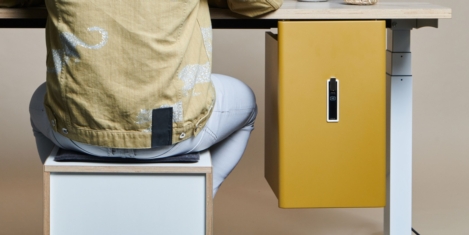
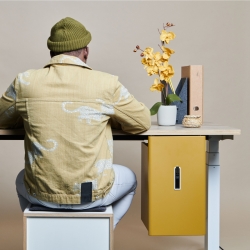




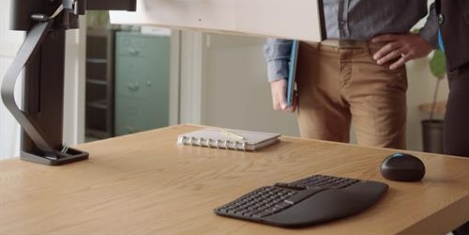

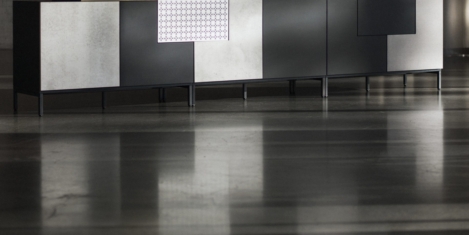

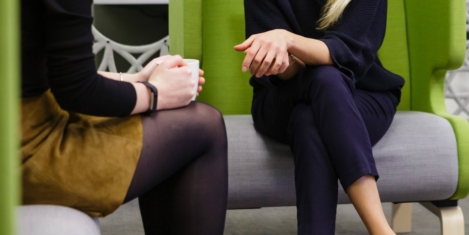





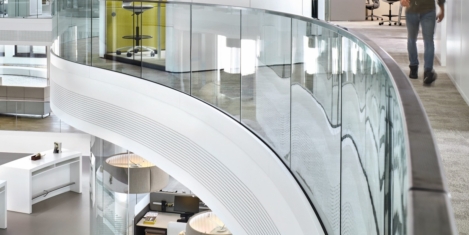
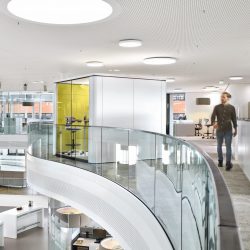 The current debate about how much space we will need in the office from now on is not new. As with many of the debate’s facets, the point at which we find ourselves has long been our destination. We’re just here earlier than we might have expected.
The current debate about how much space we will need in the office from now on is not new. As with many of the debate’s facets, the point at which we find ourselves has long been our destination. We’re just here earlier than we might have expected. 








September 23, 2022
The Great Workplace Debate continues to improve (mostly)
by Mark Eltringham • Comment, Flexible working, Wellbeing, Workplace design